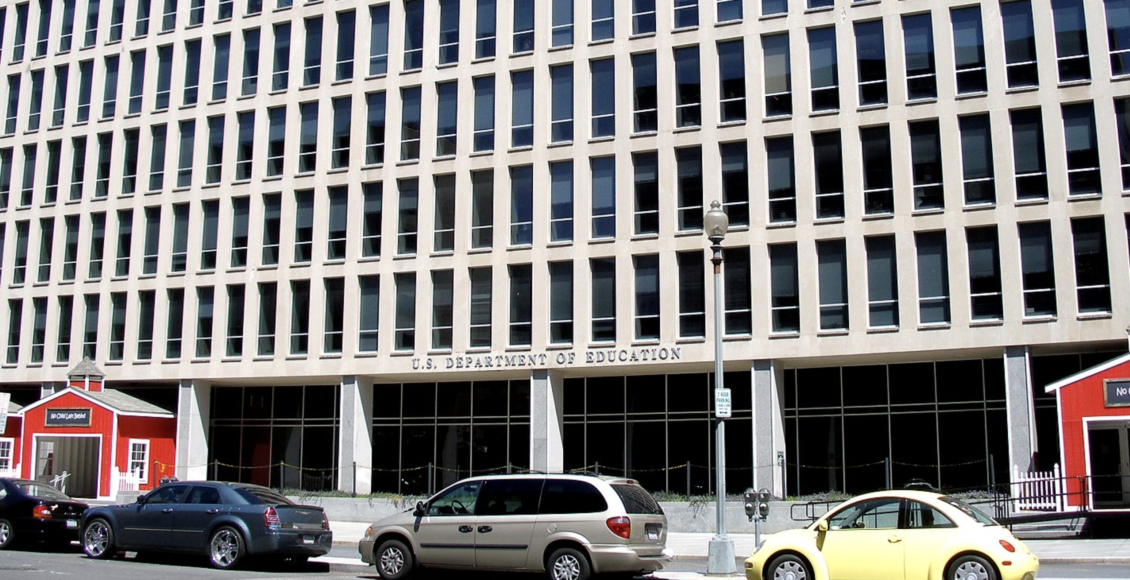Education Policy and the U.S. Presidential Election

United States presidential campaigns have a history of centring K-12 education policy—something that has been markedly missing from both the Democratic and Republican platforms for the 2024 election. The Biden administration has focused much of its energy on post-secondary policy, offering student loan forgiveness of up to $20,000 USD for qualifying Americans. Platforms emphasizing K-12 reforms—such as George W. Bush’s No Child Left Behind and Barack Obama’s Race to the Top—seem to have been left in the past.
Kamala Harris has left the Biden education initiatives largely untouched. The official Democratic platform makes a promise to “provide free, universal preschool for four-year olds,” but gives no insight as to how this goal will be funded. Further ambitious K-12 plans are included in the platform, such as “providing intensive tutoring; extending the school day and school year; expanding community schools; … [and improving] working conditions and support to help make teaching a sustainable and affordable profession”. Despite these commitments made by the party, the issue of education has rarely come up in presidential debates or public forums. When K-12 education does come to the forefront, it is often in a highly politicized manner.
President Trump has repeatedly proposed the elimination of “critical race theory” and the promotion of gender transition from schools. Although he is attempting to distance himself from the controversial Project 2025, a policy agenda put forth by prominent right wing advocates at and former Trump administration officials at the Heritage Foundation, President Trump’s official platform repeats many of its education goals. The stance of both Project 2025 and the official Republican platform is that the Department of Education should be abolished entirely, returning all power over K-12 schooling to the states.
Trump’s education policies will likely reflect changes conservatives have been making to reshape public schools in their own states. Between July and December of 2022, 13 school districts in Florida—a state won by Trump in the 2020 election—enacted book banning policies. Conservatives have been targeting books that discuss abuse, mental health, death, racism, LGBT issues, and sex. In May of 2023, Florida Governor Ron DeSantis signed into law HB 1069, including provisions requiring that “instruction and course material […] shall: [teach] the benefits of monogamous heterosexual marriage” and school districts “shall adopt and publish on its website the process for a parent to limit his or her student’s access to materials in the school or classroom library.” Republican politicians such as DeSantis, in line with Project 2025’s goals, aim to limit the materials taught in classrooms across the United States.
Despite the seeming commitment from both parties to changing the way American K-12 education operates, government officials have yet to outline clear plans for reform on the federal level; Trump’s and Harris’s plans remain vague and rarely discussed on the national stage. While social issues—such as the teaching of gender and race related topics—in schools are repeatedly brought up by both parties, education policy in terms of funding, teacher supports, and social programs to support students have fallen into the background.
Edited by Idan Miller
Featured Image: “The Lyndon B. Johnson Building, headquarters of the United States Department of Education” by Coolcaesar is licensed under CC BY-SA 3.0.
